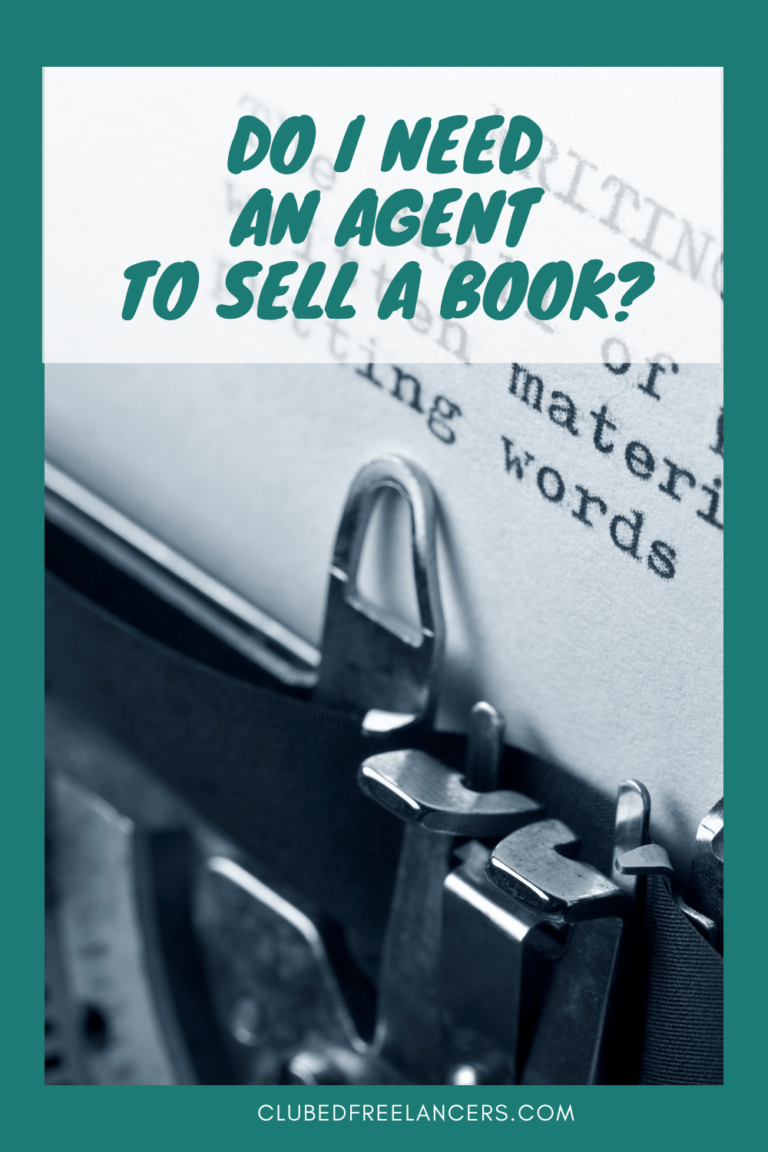Creating a compelling conflict
Often people who want to write a story start with a character or a general situation in mind: “A female superhero with a lasso of truth!” “Terrorists take the president hostage!”
And these are certainly perfectly good places to start. But it’s hard to create much narrative drive from situations and characters.
Look at those two examples. What happens next? Who cares?
What often happens is an author gets stalled after a few pages of showing, say, how Wonder Woman comes to have her lasso of truth or how the terrorists storm the White House.
Then what?
Before drafting or outlining it helps to have an idea of the central conflict that drives the narrative. This is usually described from the protagonist’s point-of-view and is abbreviated GMC—goal, motivation, conflict.
What is Wonder Woman’s goal for the story? Maybe it’s to stop a spy from stealing government secrets. What’s her motivation for doing that? Here, a lot of writers get hung up on generic attributes: “Well, because she’s a good person” or “because that’s what a superhero would do.” Or even, “Because she’s the only one who can.”
But it helps if you can create a specific peril that will result, such as “because confidential informants in Russia will die if she doesn’t.” Or it could be more personal: “Because her lover is a confidential informant who will die if she doesn’t.”
Finally, how does this goal give rise to conflict? In this case it creates conflict because Wonder Woman wants to stop the spy and the spy wants to succeed.
This conflict will be more powerful if you can also imagine the villain’s/antagonist’s perspective. The spy’s goal is (obviously) to steal the secrets, but what is their motivation? Often writers just skim over this (“because that’s what bad guys do”).
However, if the spy also has something at risk, that will make them a more formidable opponent. “I’m stealing secrets because it’s my job,” is one thing but it’s not very strong, as motivations go. If the risks get too great, the spy can quit their job or find some way out of it.
But if the spy’s boss threatens to kill the spy’s family if the confidential informants aren’t revealed, then the spy has a reason for trying everything in their power to succeed, including trying to kill Wonder Woman.
Spending a little time working out the conflict before you get too far along can prevent a lot of false starts and dead ends.
Join the Club!
New to story editing? Begin at the beginning.



